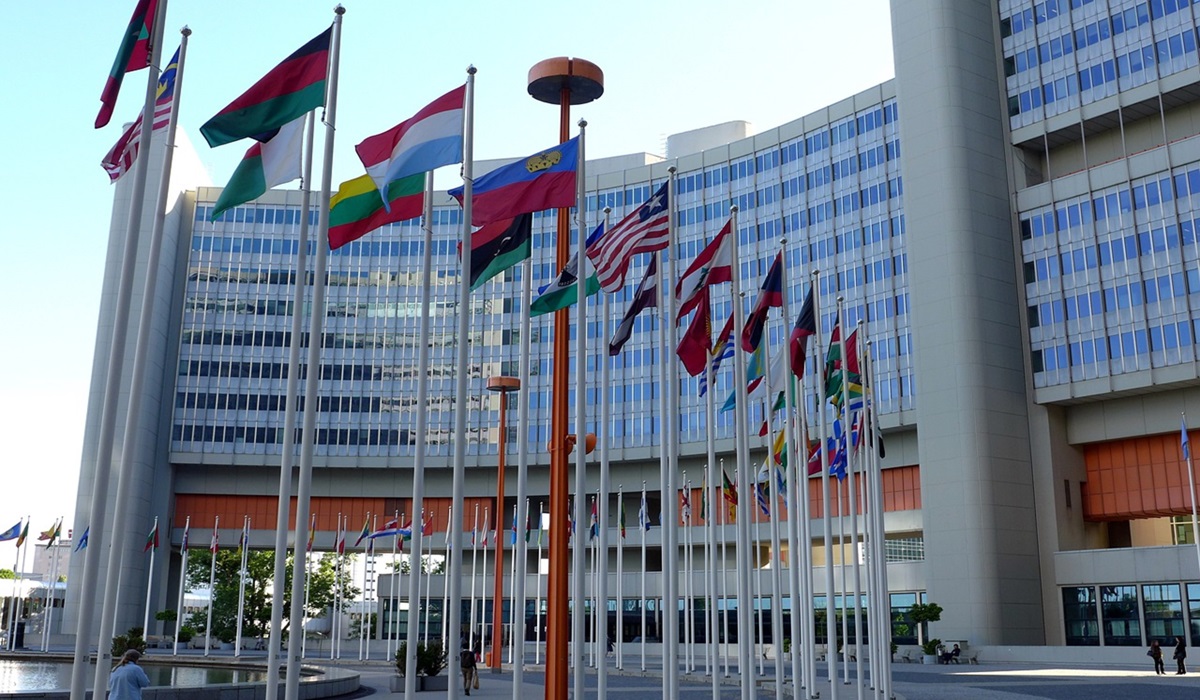Reforming the UN: Can the World’s “Peacekeeper” Become an Agent of Fairness?
- TDS News
- Trending
- World News
- October 24, 2024

The United Nations was founded in a time of global turmoil, with the aim of fostering peace, cooperation, and development. It has made important strides, from humanitarian work to climate action, but its overarching flaws are becoming harder to ignore. A significant problem lies in how it operates on a global scale, where its decision-making is dominated by powerful countries, while smaller or less influential nations are left to bear the brunt of unequal treatment. The system was designed to create fairness, yet the result is anything but equitable. A prime example of this imbalance is seen in the way international monetary institutions, closely tied to the UN, operate—particularly when it comes to the loans they offer developing nations.
When the United Nations, along with bodies like the International Monetary Fund (IMF), extends loans to struggling countries, these loans often come with steep conditions. Structural adjustment policies, a form of austerity, are a hallmark of such loans. These policies demand that borrowing nations implement deep cuts in public spending, reduce government deficits, privatize state industries, and deregulate markets. In theory, these measures are meant to stabilize economies and set countries on the path to growth. In practice, however, they often lead to severe social consequences, with the most vulnerable populations bearing the burden. Access to education, healthcare, and social services is typically slashed, leading to increased poverty and inequality. Moreover, the requirement that these loans are issued in U.S. dollars compounds the problem, locking borrowing nations into unfavorable terms and currency fluctuations that further destabilize their economies.
The use of U.S. dollars as the primary currency for these loans reinforces a system where the financial playing field is far from level. The dominance of the dollar, along with the economic interests of powerful countries, skews the terms of these loans in ways that rarely benefit the recipient nations. Developing countries, already mired in debt, find themselves unable to repay, while the larger powers that influence these monetary institutions continue to profit. The real cost of these loans isn’t just financial—it’s the loss of sovereignty. Nations that take these loans are often forced to relinquish control over their economic policies, making them subservient to the very countries that claim to be helping them.
Despite the good intentions behind the establishment of global bodies meant to foster economic stability and peace, the reality is much more cynical. Major donors exert a heavy hand in shaping policies that favor their own interests, whether through peacekeeping missions or economic interventions. They preach international law and order but routinely sidestep it when it suits them, leaving the world’s most vulnerable countries to deal with the fallout.
The glaring inequality doesn’t stop there. The veto power held by the five permanent members of the Security Council creates a system where justice is applied selectively. Countries with close ties to these powerful nations can commit atrocities with little fear of meaningful consequences. Meanwhile, African nations and smaller states are disproportionately punished, their leaders facing sanctions and their populations subjected to austerity measures. Many critics have even pointed out the racial undertones in how sanctions and interventions are applied—uneven, biased, and often downright exploitative.
The system we have now does not serve the world equally. There are two possible ways forward. Either we disband the UN and build a new global institution that treats all nations, rich or poor, big or small, with the same respect and authority, or we undertake serious reforms within the current system. This would require doing away with the arbitrary and unjust veto power that currently exists and creating a structure that holds all countries to the same standards.
Until then, the United Nations and its affiliated institutions will remain flawed, existing more as a symbol of hope than an effective agent of global fairness. Without deep changes, the world will continue to see the same cycles of inequity, exploitation, and empty promises. The time has come to demand more from the organization and its financial arms, which should serve every country on equal footing rather than perpetuating a system that serves the powerful at the expense of the weak.








